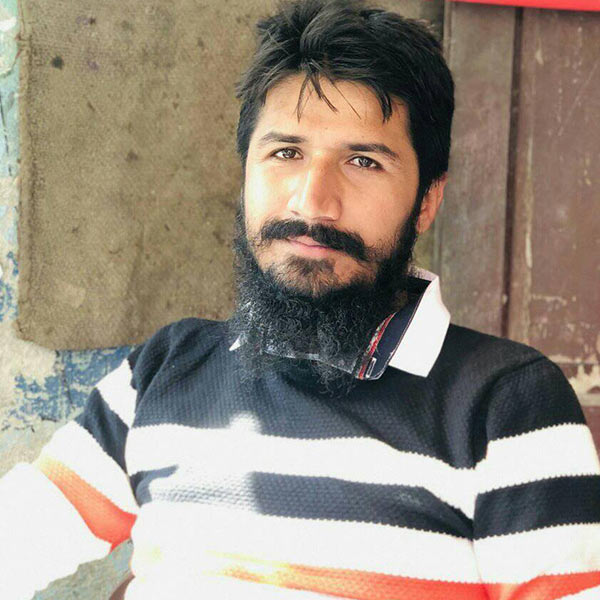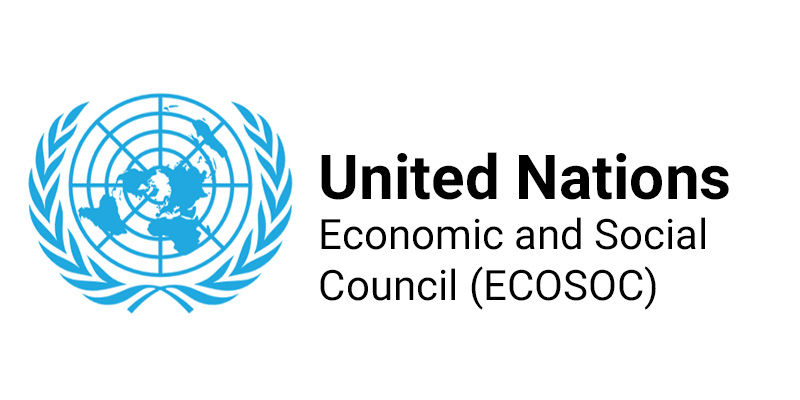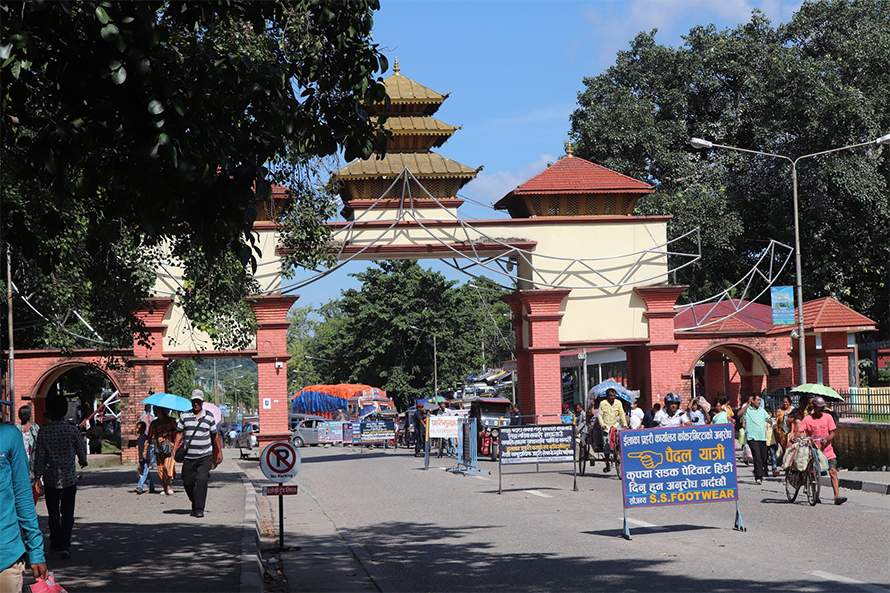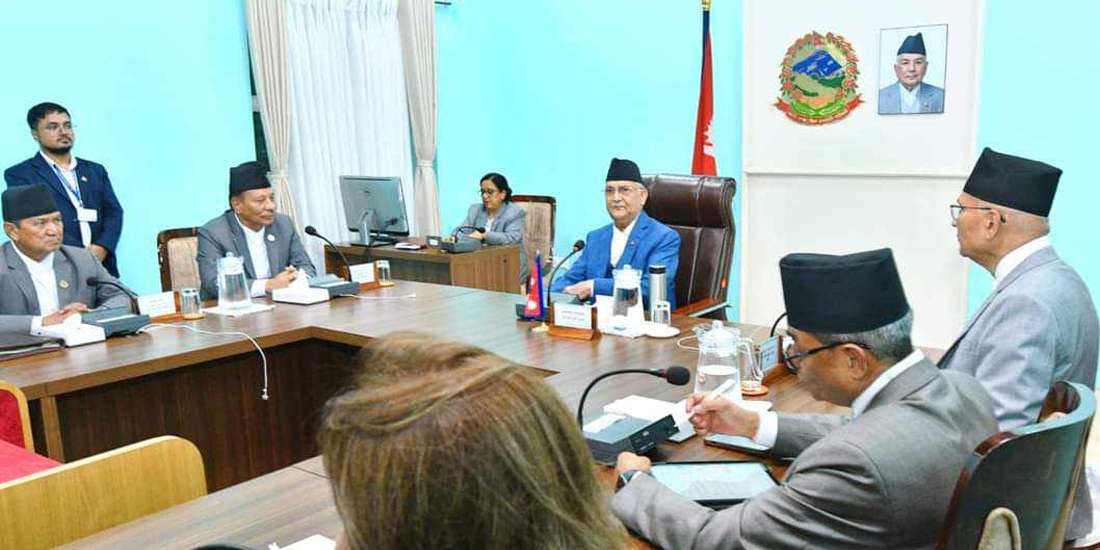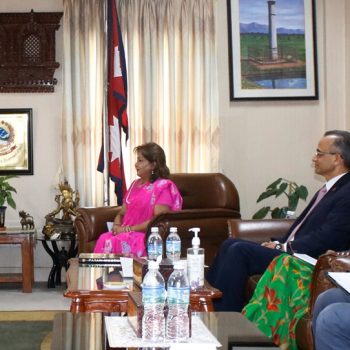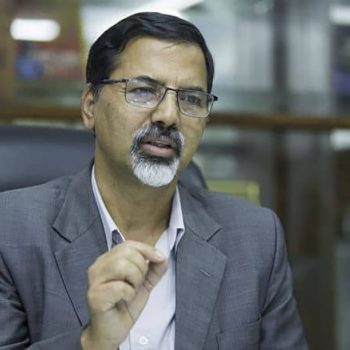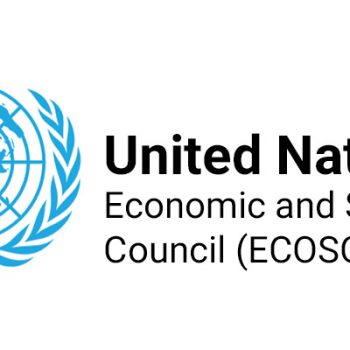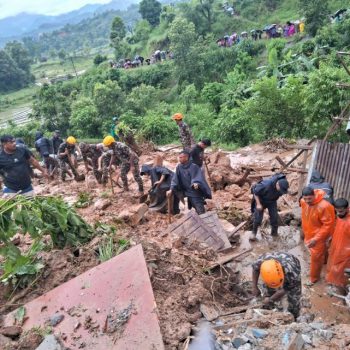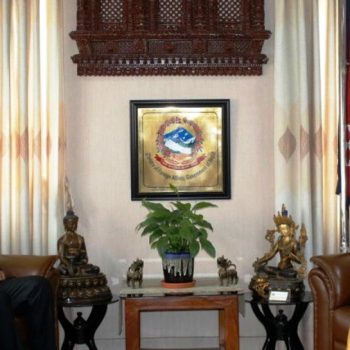Why is Communist nation Cuba at the forefront of every health crisis in the world?
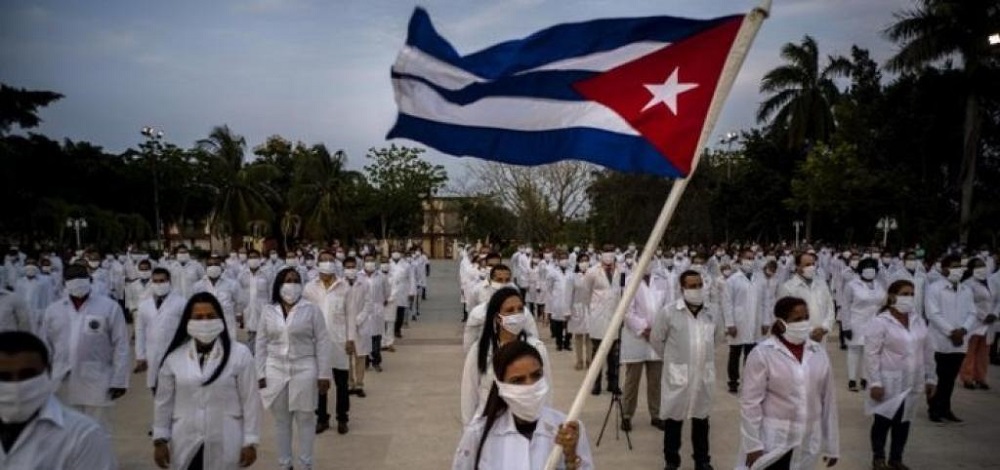
From 2014 to 2016, West Africa was plagued by the Ebola virus. Wealthy countries were only helping to fight the virus with donations in terms of money. In the field, however, healthcare was required.
Cuba took the lead. In October 2014, 165 health workers were sent from the country. The BBC reported in 2014 that the Cuban team, which includes doctors, nurses, and infection control experts, had been in Lyon, Syria for six months.
Four years before the Ebola outbreak, the Cuban Medical Mission earned a name for itself in Haiti’s cholera crisis. On 12th January 2010, an earthquake shook Haiti. More than 200,000 people died. Cholera appeared on 20th October, about 10 months after the quake, and claimed more than 10,000 lives. The Cuban Mission was very successful in controlling the cholera outbreak.
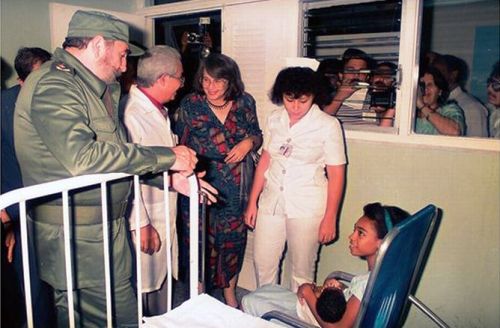
The 908-member Cuban Medical Mission reached out to people in remote areas of Haiti. Cuba is also the first country to respond to cholera, according to Reuters. “30 to 40% of Haiti’s cholera cases were treated by Cuban health workers.”
Praising Cuba’s service to Haiti, Reuter’s headline on 3rd December 2010 read: ‘Cuban medics a big force on Haiti cholera frontline.’
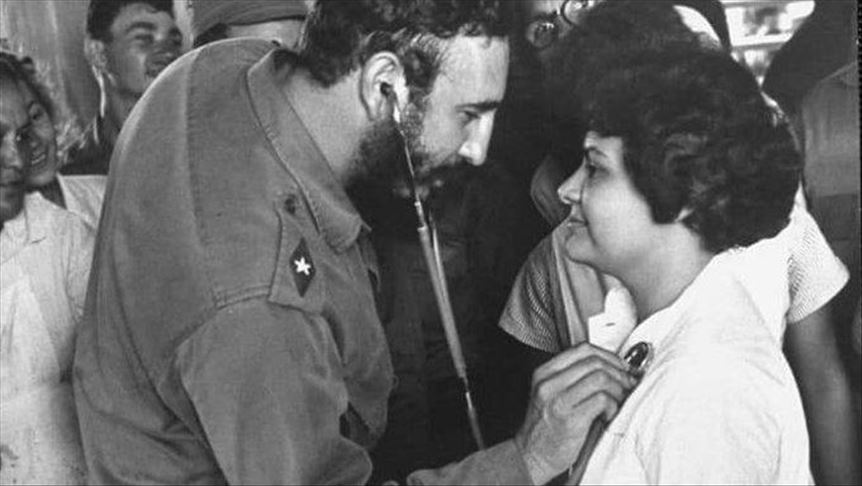
Cuba’s health activity during the COVID-19 pandemic has been similar. According to the BBC, as of April 2020, Cuba has deployed more than 1,200 health workers in areas ranging from Italy to South Africa, in crisis areas in 22 different countries. The South African government even proposed that Cuban doctors be awarded the 2021 Nobel Prize.
More interestingly, Cuba even offered medical aid to its arch-enemy, the United States, in times of crisis. According to CNN, when Hurricane Katrina hit the Gulf Coast in 2005, then-Cuban President Fidel Castro offered 1,586 doctors, 27 pounds of medicine, and 26 tonnes of other medical aid, but the United States refused.
COVID-19 in Cuba: Vaccination in final stages, self-sufficiency in oxygen and ventilator supply
According to The New York Times, 90 vaccines against COVID-19 are being developed worldwide. Out of this, 5 are being developed by Cuba itself. 2 of the 5 vaccines developed by Cuba have begun to be distributed to citizens. Cuba is the smallest country to develop vaccines and the only Latin American country that has taken vaccination to its final stages.
Cuba has started giving the vaccines ‘Soberana 2’ and ‘Abdala’ to its citizens.
Some have criticized that the vaccine was given without a clinical trial. Cuban experts, however, said that the results of the previous clinical trials of 145,000 were good and that before Cuba, Russia and China also vaccinated their citizens before the clinical trials. Both vaccines are currently undergoing clinical trials and have been recognized by the World Health Organization.
Cuba has set out with the goal of vaccinating all 11 million of its citizens. “We are probably the first country to have its own vaccine for all citizens,” Dr. Eduardo Martinez, President of Cuban BioCubaFarma, told The New York Times’ Cuban reporter Ed Augustin.
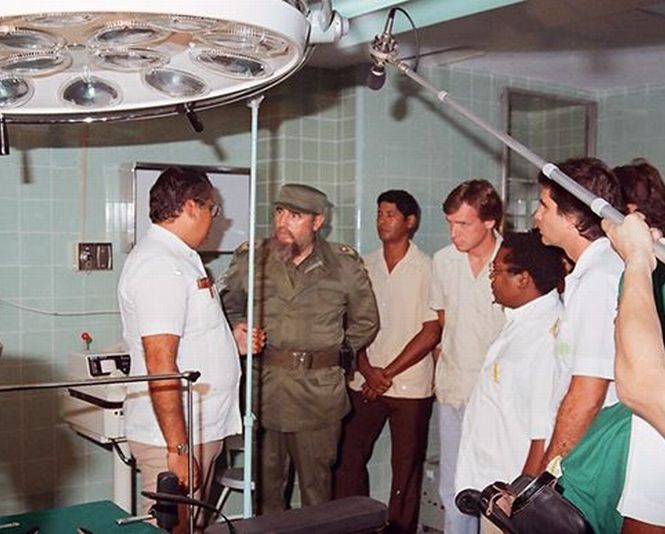
Cuba’s experience in vaccine development is not new. According to the French channel France 24, Cuba has been producing its own vaccines since the 1980s. France 24 wrote that 80% of the vaccines needed were produced by Cuba itself.
Cuba has taken the lead in producing not only vaccines against COVID-19 but also oxygen cylinders and ventilators. According to the Chinese news agency Xinhua, the ventilators and oxygen cylinders have been manufactured since 2020 by biomedical engineers at the Cuban Neuroscience Center in Cuba, university researchers, the government, and the private sector.
Cuba’s health revolution, brought about by US blockade
On 26th July 1953, Cuban revolutionary leader Fidel Castro, along with his Argentine comrade Che Guevara, launched a revolution against the military dictator Fulgencio Batista. After half a decade, the revolution succeeded. On 1st January 1959, Batista fled to the Dominican Republic. Castro’s party, which came to power six days later in the capital Havana, is still in power. When Castro came to power in Cuba, preparations for the first general election were being done in Nepal.
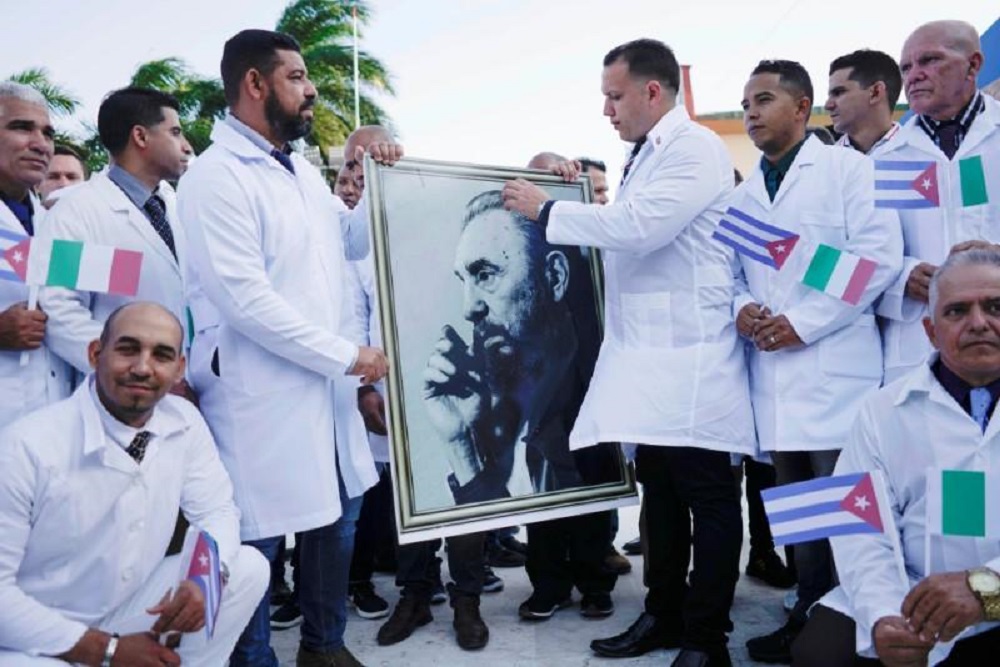
The United States imposed a blockade on Fidel Castro after he overthrew the military dictator Batista, who was backed by the US. The blockade put the island nation of Cuba in a very uncomfortable situation. Various media outlets wrote that the health sector faced countless problems due to this blockade.
After the revolution was successful, Castro formed the Revolutionary Defense Committee on 28th September 1960 to protect it. The committee, known as CDR for short, included thousands of workers, farmers, and young students. This committee was formed to regulate and counter the positive and negative comments made on the achievements of the revolution.
Later, the same committee was mobilized in the public health sector. In the December 2016 issue of India’s Down to Earth magazine, Indian public health engineer Abhay Sukla called Castro a public health hero a month after his death. He praised Cuba for sending health workers to help many countries, reducing child mortality, helping developing countries with disasters, and building the Latin American School of Medicine in 1999 to produce hundreds of doctors.
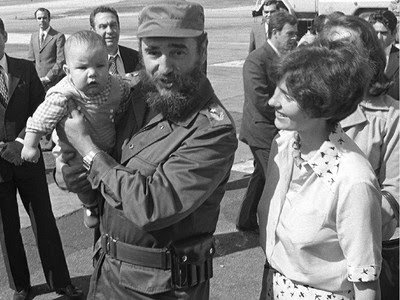
According to the Spanish newspaper El Pais, Cuba’s public health quality is high, with a per capita life expectancy the same level as the USA’s and a child mortality rate the same as New Zealand’s. The first vaccine against Meningitis B was also produced by Cuba in 1985.
Cuba has also developed a treatment to prevent mother-to-child transmission of Syphilis and AIDS, which was praised by the World Health Organization in 2015, according to El Pais. Cuban doctors, defined as the ‘white-coat army’ in Fidel Castro’s language, have played a role as Cuba’s great diplomatic power.
Even the World Health Organization has praised the health sector on its official website, saying that Cuba has undergone a health revolution in the last three decades. Many praise Cuba’s health care as community-friendly and pro-poor.
The United States has not been positive about Cuba’s health progress even after the blockade. The United States, which did not take Cuba’s medical aid during Hurricane Katrina in 2005, urges other countries to do the same, saying that Cuba has violated the human rights of doctors.
However, countries that understand Cuba’s health potential have been ignoring the US requests. According to the Spanish newspaper El Pais, there are currently 50,000 Cuban doctors in 67 countries. Supporters of Cuba’s health sector argue that it is hypocritical of the USA to say that Cuba has violated the human rights of doctors, as it had itself imposed a blockade and made situations very difficult for Cuban citizens.


